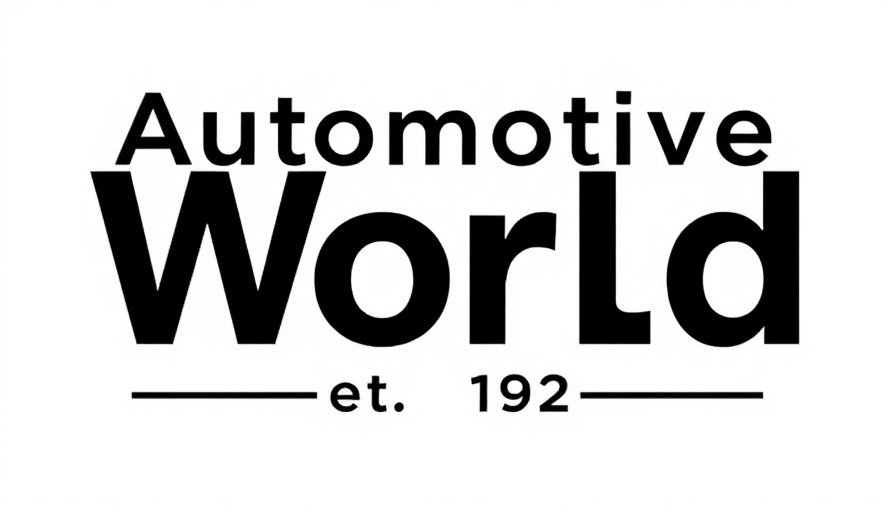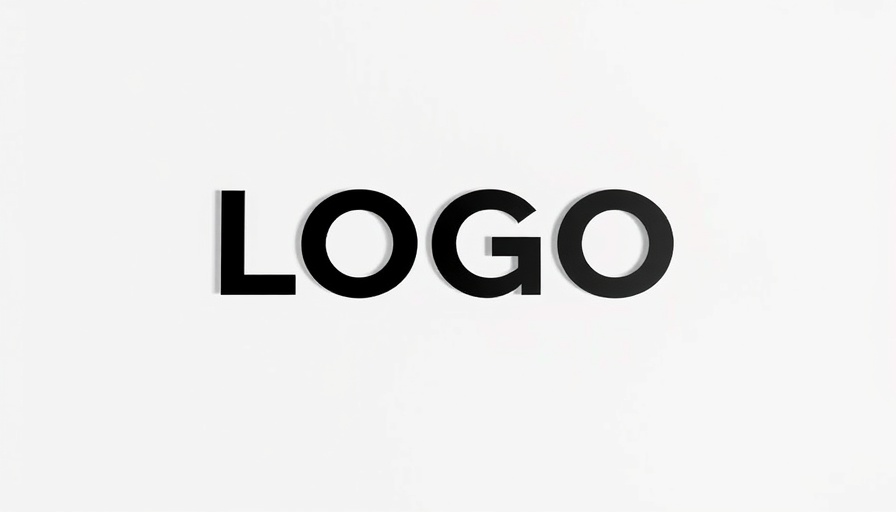
Porsche's 75-Year Legacy: A Timeline of Innovation
April 6, 2025 marks an important milestone in automotive history, as Porsche celebrates 75 years of manufacturing at its Zuffenhausen plant. This site has been the heartbeat of Porsche sports car production, evolving from its origins as a construction office to become a globally recognized symbol of high-performance vehicles. It all started in 1950 with the introduction of the Porsche 356, which became a huge commercial success due to its racing achievements and international demand.
Understanding the Significance of Zuffenhausen
The Zuffenhausen facility is more than just a manufacturing site; it represents Porsche's commitment to excellence, quality, and innovation in the automotive industry. According to Albrecht Reimold, Member of the Executive Board for Production and Logistics at Porsche AG, "Zuffenhausen is and remains the home of our sports cars. It embodies pioneering spirit, state-of-the-art production technology, and manufacturing quality." This dedication to quality has enabled Porsche to transform from a niche sports car company into a world leader in luxury vehicle production.
From Humble Beginnings to Global Excellence
Porsche’s journey began in Zuffenhausen in 1938, but it was not until after WWII that they fully embraced car manufacturing. The Porsche 356 'No.1' Roadster earned its general operating permit in June 1948, marking the company’s foray into production. With the first batch being hand-built in Austria, Porsche soon returned to Zuffenhausen, where key expansions allowed them to increase capacity and diversify their offerings. Not only did they establish assembly halls, but they also integrated their engine construction into the site.
The Evolution of Iconic Models
Over the years, Porsche has introduced several iconic models, with the 911—launched in 1964—becoming a cornerstone of their brand identity. Over 800,000 units of the 911 have been produced, cementing its place in automotive history. The transition to more modern electric drives with models like the Taycan facilitates Porsche's commitment to sustainability while maintaining their performance-driven ethos. This balance is essential as the automotive landscape shifts towards greener technologies, especially for luxury brands.
What Lies Ahead: Future Innovations and the Modern Era
Looking ahead, Porsche is continuously embracing innovation. As they transition into a more electric future, the Zuffenhausen plant is evolving with advanced technologies designed for producing electric vehicles (EVs). This transformation signifies not just an adaptation to market demands but a proactive approach to redefining what a luxury sports car can be. Furthermore, enhanced customer personalization through manufacturing technology provides clients with bespoke experiences reflective of modern consumer desires.
Conclusion: Why This Story Matters for the Auto Industry
Porsche’s journey through 75 years of manufacturing in Zuffenhausen presents important lessons for the automotive industry. From embracing technology and innovation to maintaining a focus on quality, these principles should guide new players in the market. For dealership owners and auto sales professionals, understanding the significance of legacy brands can inform their strategies to sell contemporary vehicles effectively.
If you're looking to refine your skills in car sales training or improve your understanding of automobile production stories, consider following Porsche's example of relentless pursuit of excellence. Each story of a brand captures emotional value, so sharing these insights can resonate deeply with potential customers.
 Add Row
Add Row  Add
Add 

 Add Row
Add Row  Add Element
Add Element 




Write A Comment